Understanding the Versatility of Bulbs
Lighting technology has evolved significantly, and the humble bulb stands at the forefront of this innovation. Bulbs are not just a source of light; they are a crucial component in both functional and aesthetic design across various settings. From illuminating homes to brightening up workplaces, the range of bulbs available on the market caters to a multitude of applications.
Types and Materials of Bulbs
The diversity in bulb types is vast, with options like LED bulbs, which are known for their energy efficiency and longevity. Materials used in bulb construction also vary widely, including durable aluminum, versatile plastic, and classic glass. Ceramic bulbs offer a unique look and feel, often chosen for their decorative qualities. Each material brings its own set of benefits, such as the heat resistance of ceramic or the lightweight nature of plastic.
Applications Across Environments
Bulbs are integral to various environments, from the professional ambiance of an office to the warm welcome of a hotel lobby. In industrial settings like warehouses, specific bulb types are selected to meet higher luminosity and durability requirements. The adaptability of bulbs is evident in their wide range of applications, ensuring that there is a lighting solution for virtually any space.
Features and Advantages of Different Bulbs
When selecting a bulb, features such as the bulb's base type, like H7 or 9006, are important considerations. These features determine compatibility with different lamp holders and fixtures. The advantages of choosing the right bulb extend beyond mere functionality; they contribute to energy savings, cost-effectiveness, and even environmental conservation, particularly with LED options.
Choosing the Right Bulb
The selection process for bulbs can be nuanced, with factors such as luminosity, color temperature, and energy consumption playing pivotal roles. It is essential to consider the specific needs of a space to ensure that the bulb enhances its surroundings effectively. Whether the requirement is for a focused beam of light in a display case or soft, diffused lighting in a lounge area, the right bulb can make all the difference.
Environmental Impact and Sustainability
In today's eco-conscious world, the environmental impact of products is a significant concern. Bulbs, especially LED types, are designed to be more energy-efficient, which translates to lower carbon footprints. The shift towards sustainable lighting solutions is not just a trend but a responsible choice for future generations.







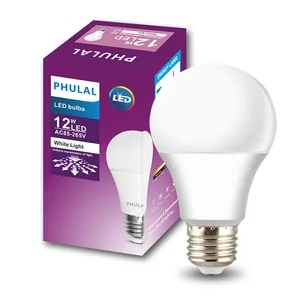
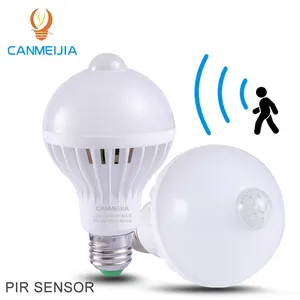


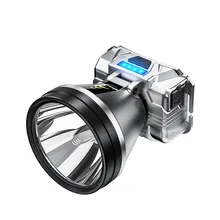


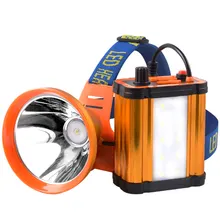

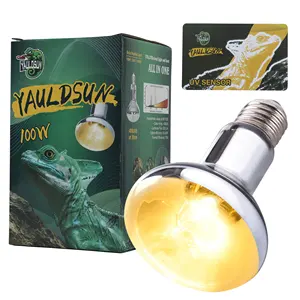
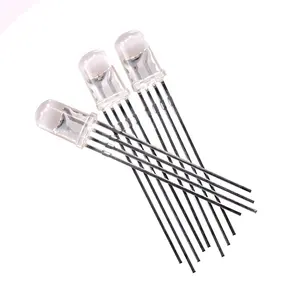











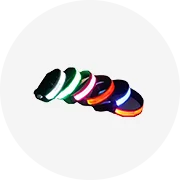









 浙公网安备 33010002000092号
浙公网安备 33010002000092号 浙B2-20120091-4
浙B2-20120091-4